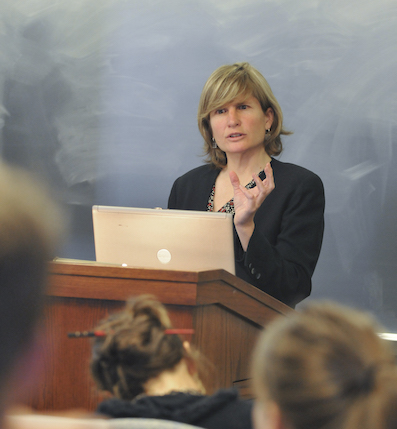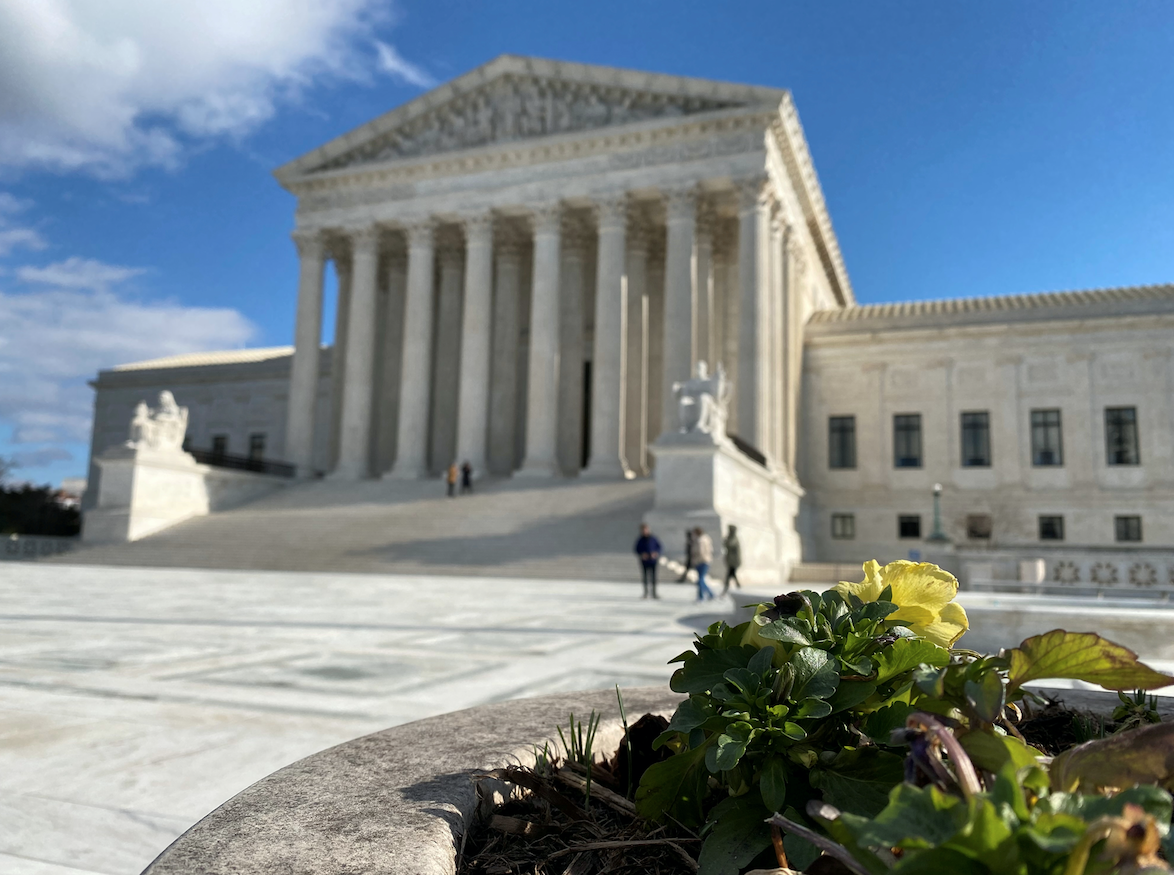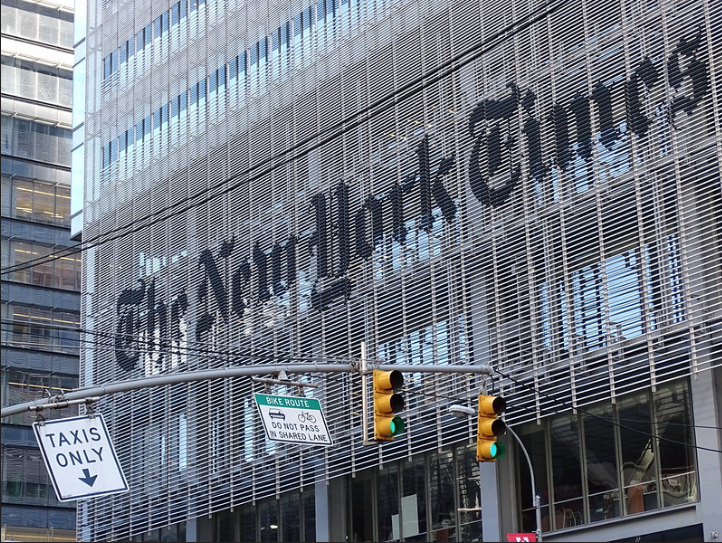Hulk Hogan’s Lasting Effect on Publishing and Privacy Isn’t What You Think
In this story, Gawker wins, but then there’s a plot twist. In the end, despite Gawker’s victory, it’s pretty clear why it ultimately settled instead of fighting up the chain of courts.
Daniel’s Law and a Constitutional End to Publishing News Stories Containing a Home Address
In mid-June 2025, New Jersey’s high court prevented a journalist from reporting a newsworthy truth that he had learned from the government itself.
Picture an Execution: The First Amendment and the Spring 2025 Push for Death Chamber Access
Journalism’s fight for access has ramped up because, as the Louisiana and Indiana executions show, the death penalty itself could be ramping up. The escalation is happening on the federal level too.
Heed the Supreme Court’s Warning: Academic Freedom Is Critical For ‘Our Civilization’
For the government to suggest that a law school or any place of higher education cannot discuss diversity, equity, and inclusion is a clear violation of the First Amendment.
Sarah Palin Case May Indicate Cracks in NYT v. Sullivan Actual Malice Test
My best evidence of that modern backlash against NYT v. Sullivan is the protracted legal battle over a defamation claim brought by Sarah Palin against The New York Times.
Government Corruption, Public Employees’ Speech, and the First Amendment
Law Professor Helen Norton explains how a case currently pending for Supreme Court review could potentially expand First Amendment protection for public employees who report on government corruption and or speak as a public "citizen."
Should Supreme Court Opinions Be Televised?
While most sitting Justices have opposed arguments in favor of televising Supreme Court oral arguments, little has been said about broadcasting the announcement of opinions. In their newest essay, First Amendment experts Floyd Abrams and Ronald Collins explore this possibility and the benefits it could offer the public.
Ballard Spahr: Sixth Circuit Sides with ‘The New York Times’ in Defamation Suit
Reprinted with Permission from Ballard Spahr An article in The New York Times about controversy surrounding an Ohio State University cancer researcher was not defamatory because reasonable readers would understand it was “a […]



